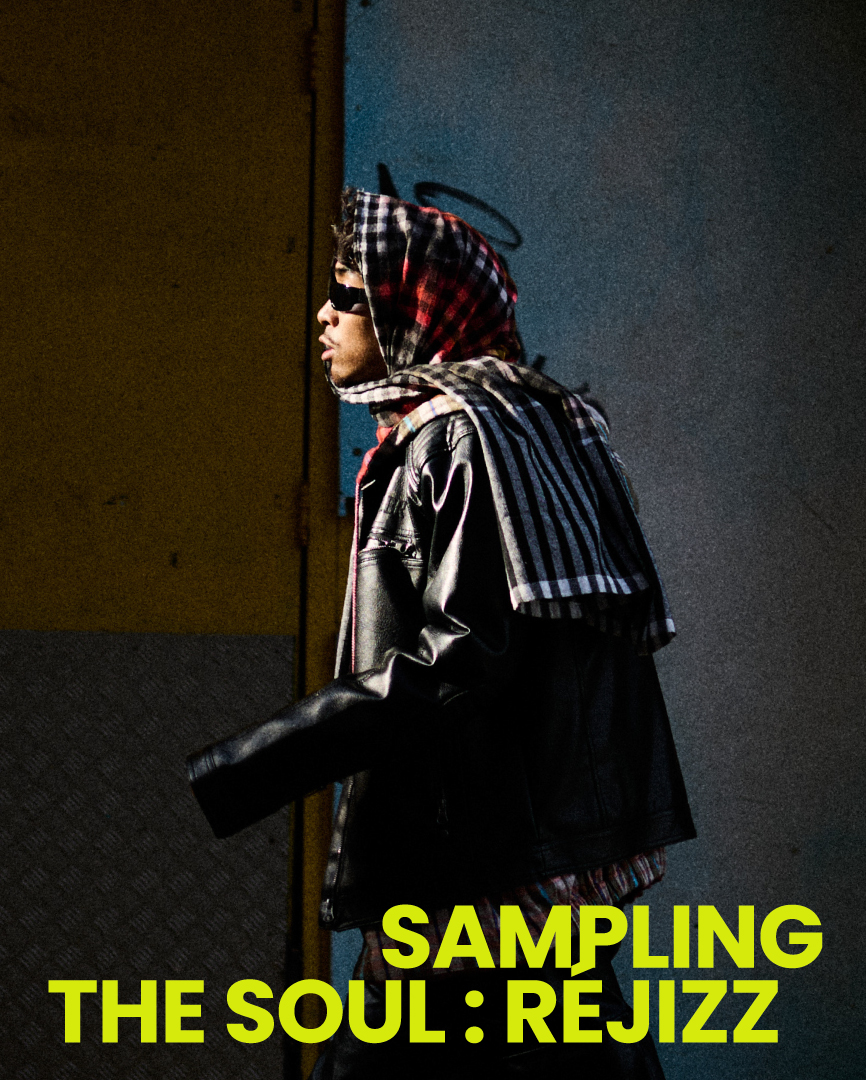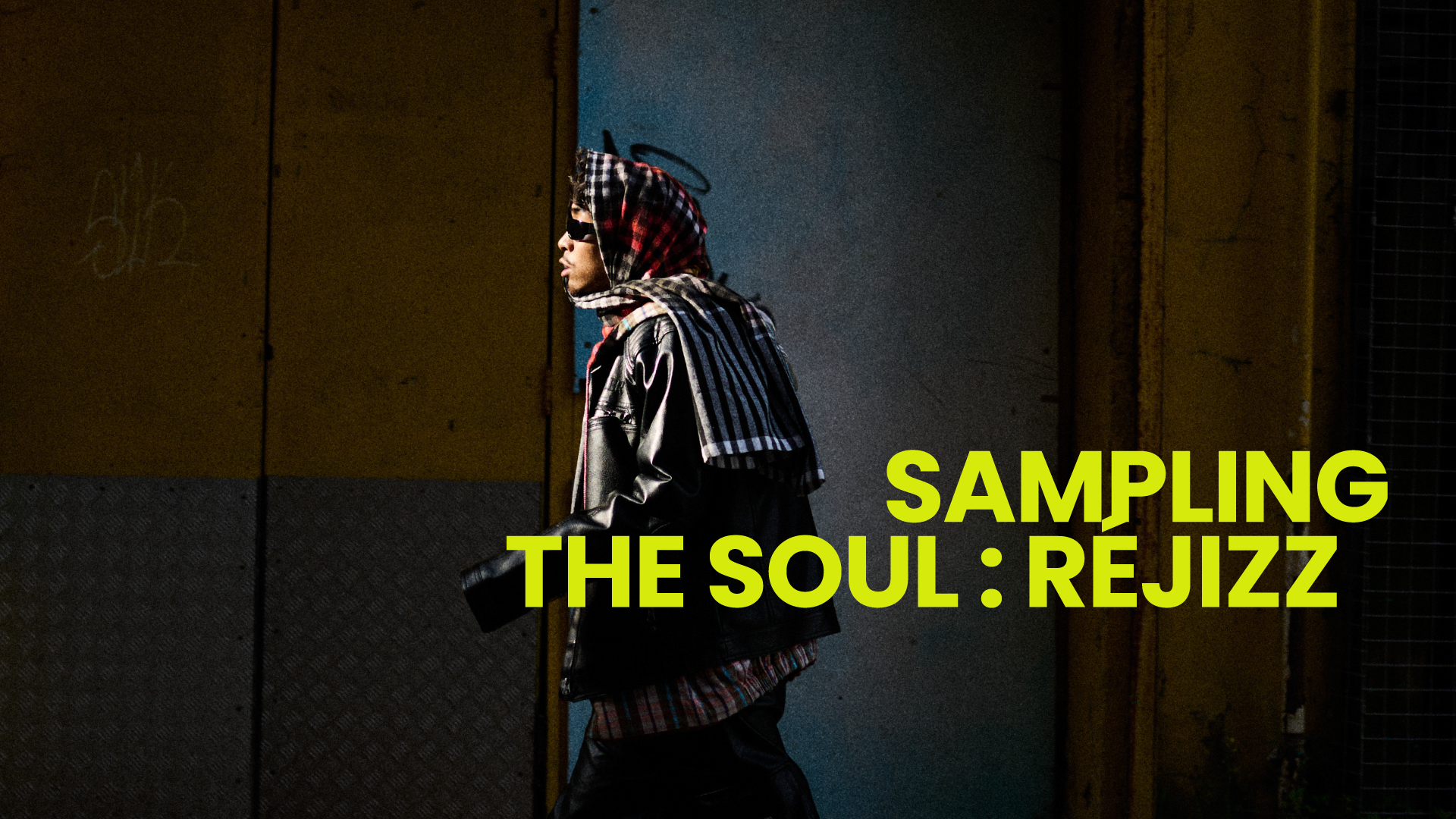Sampling the Soul: Réjizz’s Journey
Before he had a name for it, Réjizz was already tuning into something bigger than the block – something major.
By day, he pushed projects, pitched ideas, hit deadlines. By night, he chased a different rhythm—writing, recording, building something that was his. He was juggling both—career and craft, expectations and expression.
The 9-to-5 never really ended. But neither did he.
Between tasks, between deadlines, between back-to-back Zooms, he kept going—switching tabs, sketching beats, laying down ideas in the silence between spent hours and glowing screens.
Music became a kind of exhale—not just from the noise around him, but from the pressure within. It wasn’t a hobby. It was the part of him he couldn’t mute.
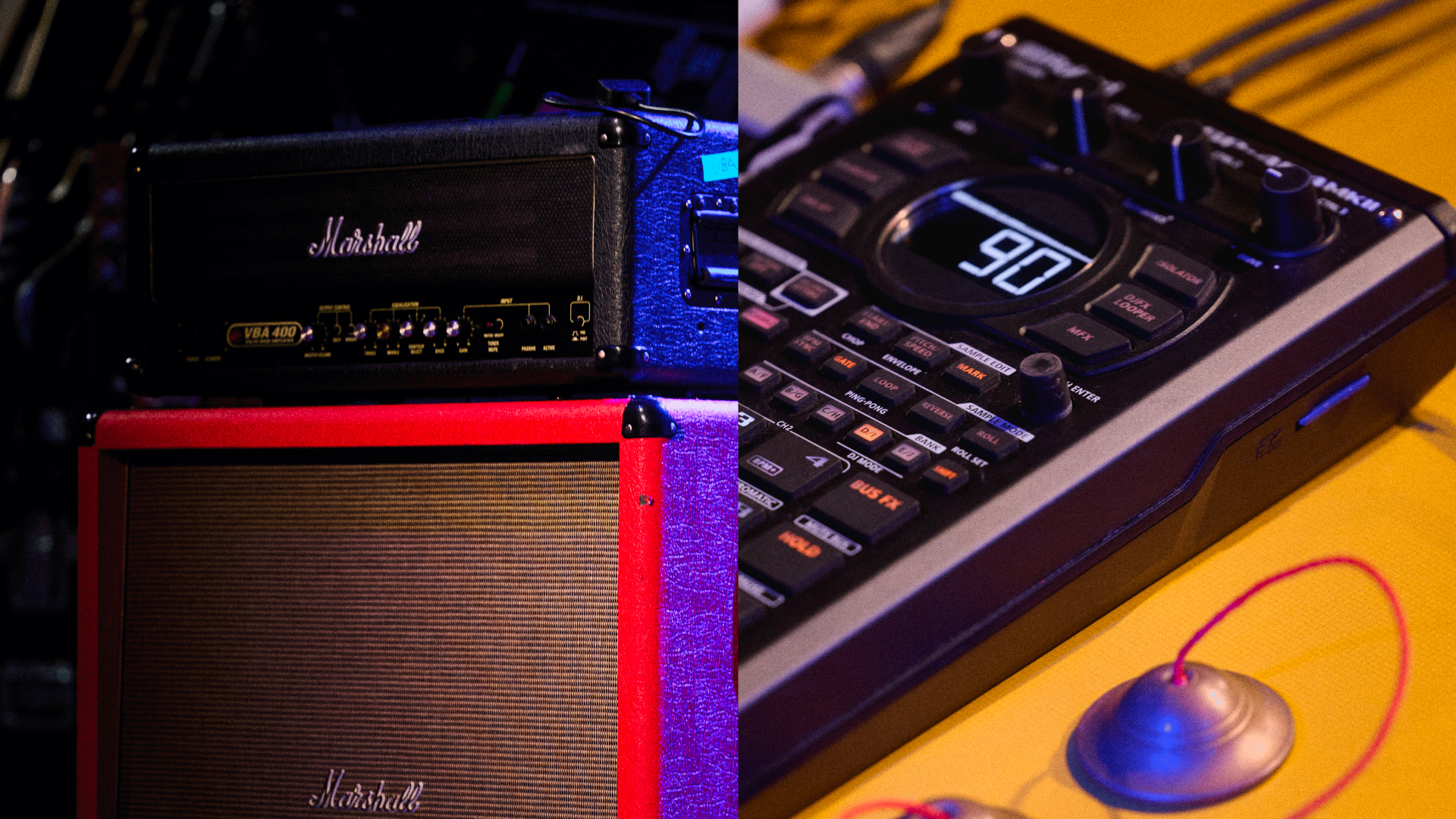
It had been that way since high school– ever since he first started rapping for fun and realized, to his surprise, that he was good at it. What began as a pastime slowly became a compulsion. His discipline kept him going even as the world came to a pause in 2020. While others waited out the pandemic, he spent the year recording, mixing, and releasing a full album from his bedroom. The work never really stopped. He tried working with a label. It didn’t stick. Still, the music stayed—low-key, constant. It was already part of him. He was on his own again—but now with experience, vision, and a team that believed. He wasn’t starting over. He was building on everything he’d learned.
By the time we first spoke with Réjizz, he was stepping into what he called the ‘New Era’ of Thai hip hop– experimenting, exploring, testing the limits of genre. A year later, the exploration hasn’t stopped. Somewhere along the way, he started to feel something settle.
For Réjizz, making music was never about following a formula or a blueprint. It was about feeling– the compulsion to create, but also the comfort of recognition. He wanted his music to carry everything—his experiences, his discoveries, the many parts of himself, and all the things that excite him. A reflection of his story, his roots, and the sounds that move him; by local melodies and old song finding.
“I just started doing what felt good,” he says. “And when it feels good, it shows.”
Now, more than ever, his work feels in sync– guided by what he knows, who he trusts, and the sound he’s been shaping with his team. Less a search, more a settling.
Over time, the beats he made started to hold more weight. The lyrics surfaced emotions he didn’t expect. And through it all, he began to meet himself more clearly: a version of him rooted in his values, surrounded by the right people, creating not for performance– but from a place of resonance.
“I told myself– just try one more time. For your soul.”
There was no audience in mind. No promise of a breakthrough. Just the quiet pull to create– to make something honest– and see where it might lead.
With each song, he cracked something open. Not just in sound, but in self.
“The older you get, the more problems you have,” he says with a laugh. “But if you can turn those struggles into something you can vibe with… that’s powerful. And that’s what I aspire for.”
His departure from digital marketing wasn't about escaping the weight of it all. It was about learning how to carry it differently.
And sometimes, carrying it meant sharing it.
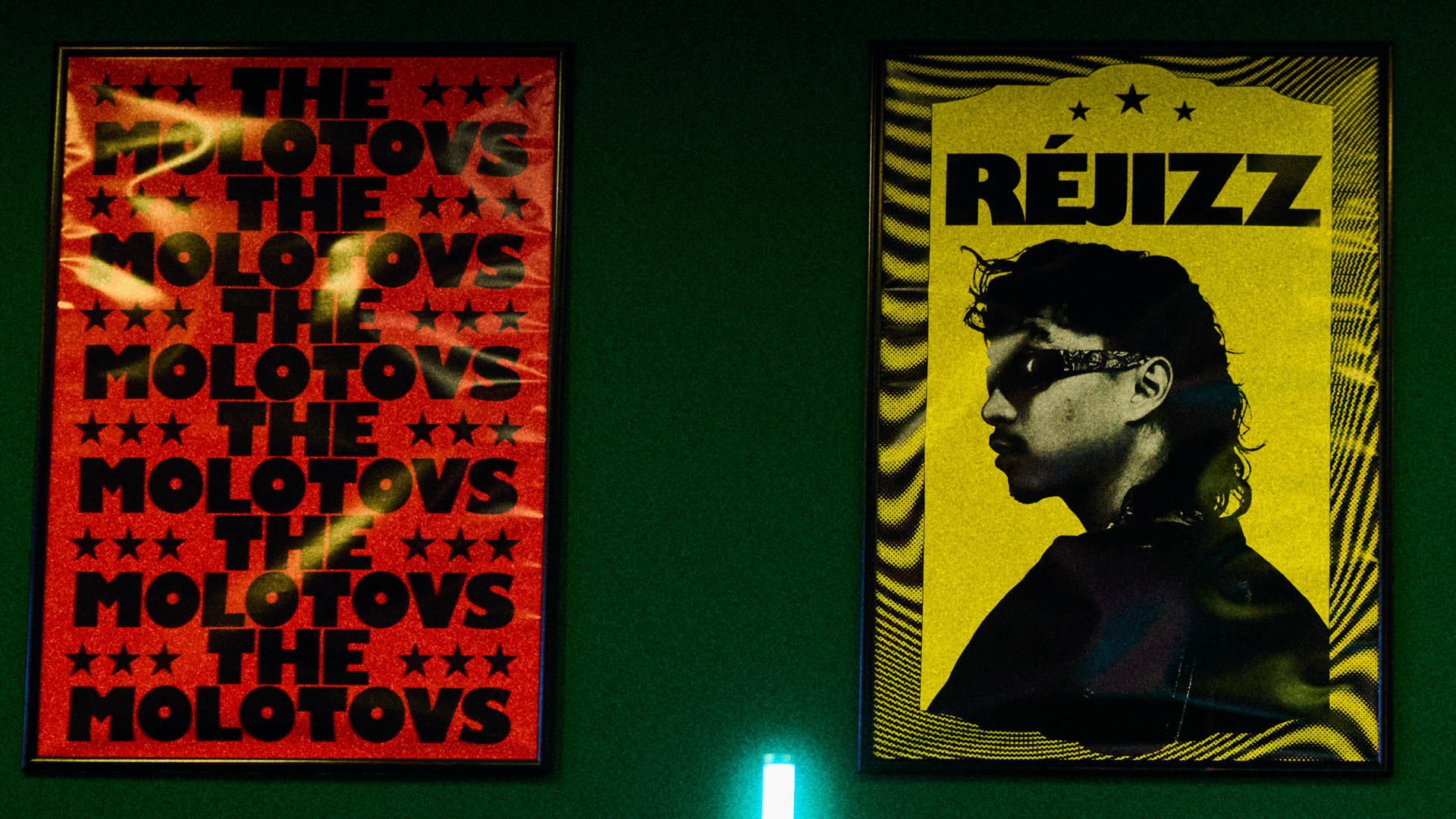
Réjizz had always been openminded– drawn to challenges and eager to grow. So when the boundaries of genre started to feel limiting, he didn’t pull away– he reached across. He listened deeply and shook hands with other worlds.
“I don’t want to be boxed into just one style because I do hip hop,” he says. “I want to try different things. I know what it’s going to sound like, but I haven’t found the right words to define it yet.”
The result was The Weight– a track that doesn’t fit neatly into one category but carries the resonance of many. Part soul. Part funk. Part something else entirely. A sonic handshake between scenes that don’t always speak the same language but feel the same weight.
But what anchored it– what gave the track its gravity– wasn’t just the collaboration. It was the sound. Subtle echoes of home threaded through the beat: the airy breath of a khaen, the shimmer of plucked strings, rhythms that recalled roadside markets, late-night family gatherings, school assemblies under temple roofs. These weren’t just embellishments– they were memories made musical.
If the sounds of Thailand became a quiet reminder of where he came from, he hoped they might offer something louder for others– something that stirred, that moved, that called people in.
It became less about experimenting or chasing a sound, and more about connection. Blurring boundaries not for novelty, not for rebellion– but as a return toward something truer, deeper, more familiar than genre may be able to name.
And in doing so, he started to find a new vocabulary– one guided less by style, but by the feeling of home.
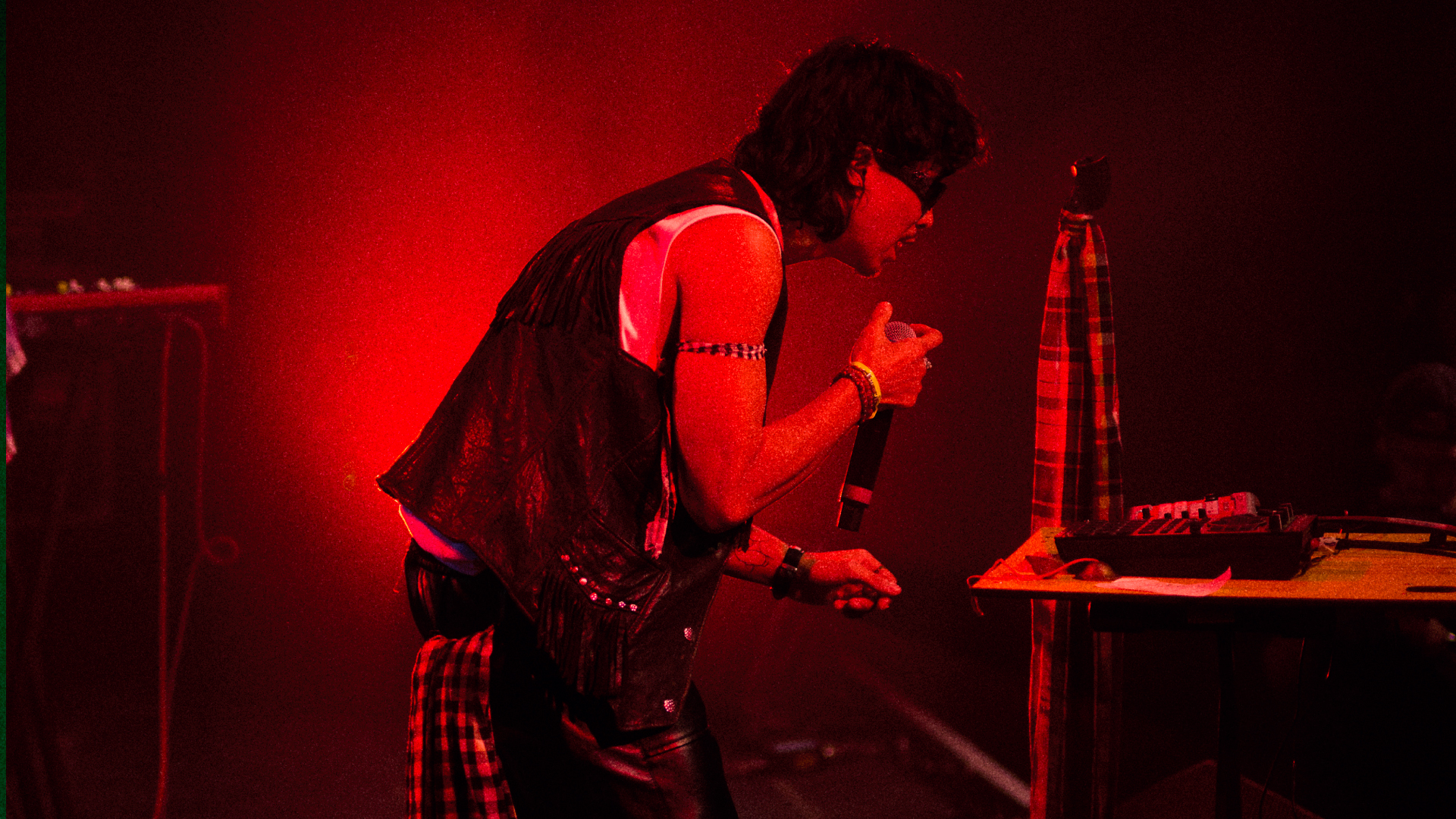
For Réjizz, it wasn’t enough to build bridges between genres– he wanted to build them between places. And the most important place to start was home.
“I like getting sounds of home,” he says. “And I want to use that much more.”
He’s not talking about nostalgia. For him, sampling is a way to honor where he’s from– to take a sliver of something familiar and flip it into something new. He’s dug through sakon songs (Thai music with Western musical influences), curated playlists from his grandmother’s era, and combed through YouTube archives across generations searching for the right sample. What he found wasn’t just inspiration– it was affirmation: that home already had everything he needed.
“We have sounds that are cool and new and weird that other places just don’t have,” he says. Why borrow from somewhere else when your own house is full of sounds that hit just as hard?
That’s how he started looking differently at lukthung (country-style ballads rooted in rural Thailand) and morlam (poetic folk music from the Northeast.) Their tempos, grooves, and grit weren’t far from hip hop at all. Slow it down, flip the beat, rap over it– and suddenly, something clicked. Something old became something new. Something Thai became somewhat an inspiration for him.
These aren’t borrowed samples or retro callbacks. They’re melodies made in Thailand, for Thailand. Instruments like the khaen or phin don’t just add flavor– they ground the music in a language only locals might instinctively recognize but that everyone can feel.
It’s not about tradition for tradition’s sake. It’s about resonance– capturing something distinctively Thai, and making it move in a new context. Because before he can share this sound with the world, he knows it needs to echo across his own streets first.
“There’s so much here that fits us,” he says. “And the world needs to hear it.”
This next chapter isn’t about proving anything. It’s about returning– to the people, places, and sounds that shaped him– and sharing those frequencies with the world.

There’s no formula for what comes next. No fixed tempo. No rule that says a verse must be 16 bars or a sound must fit in a box. A rhythm shaped not by genre, but by life itself. And in that freedom, Réjizz has found clarity. Not just in what he wants to make, but why.
“There’s music for yourself,” he says. “But music is supposed to be shared with other people. And make others feel how you feel. With that power, with that ability, I want to spread love and hope in my music more. And when you listen, it feels good.”
That’s the point now– not just to express, but to connect. Not just to carry sound, but to carry spirit. And if you’re listening closely, you’ll hear it: the weight of what he’s lived, the pulse of where he’s from, and the promise of where he’s headed next.
To follow where the journey leads, find him on Facebook: Réjizz and Instagram: @rayjayrangsit
